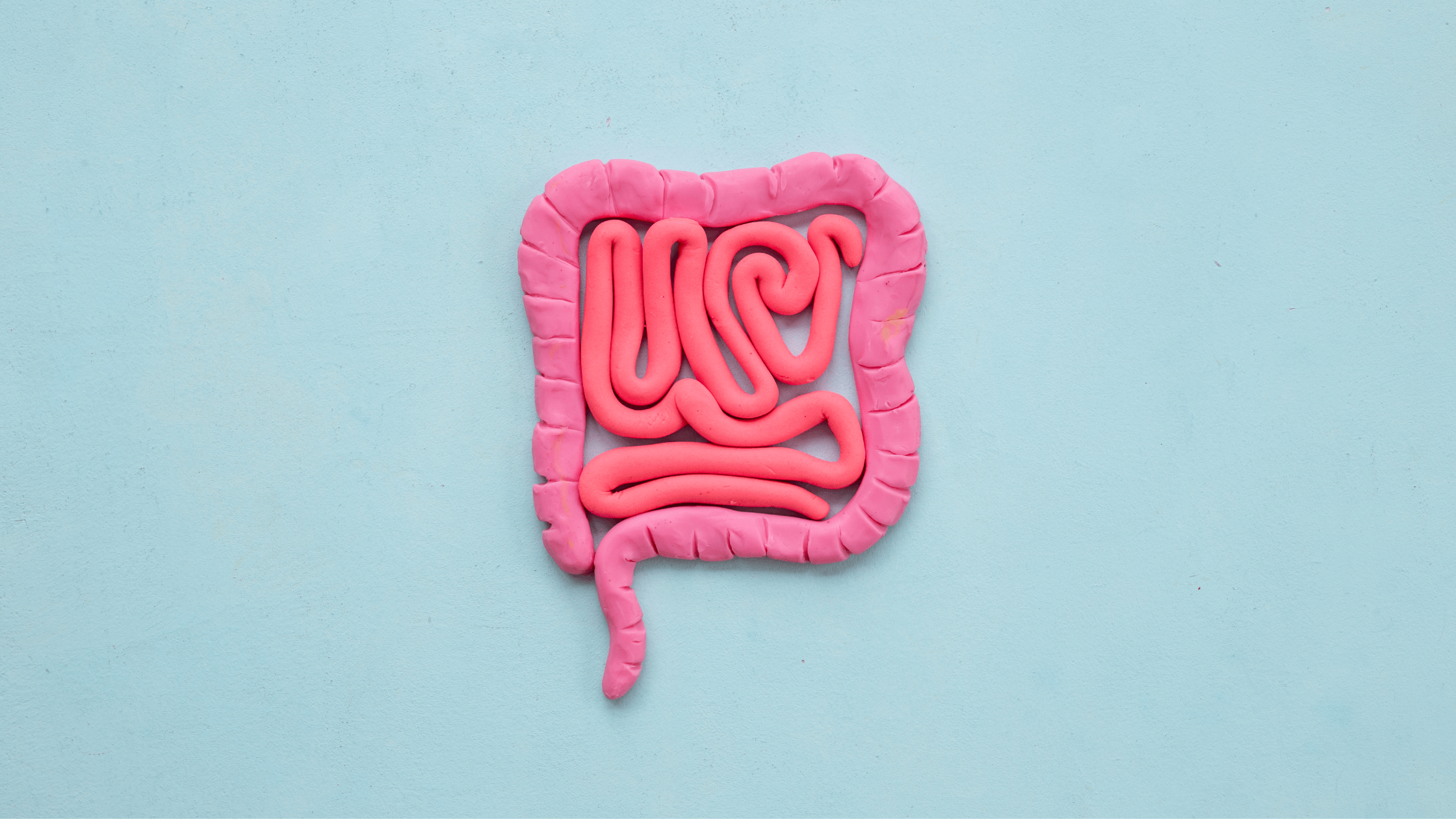Your colon plays a crucial role in your long-term health and ability to process nutrients effectively. With colorectal cancer rates rising among individuals under 55, taking proactive steps to care for your colon has never been more important. By making smart dietary and lifestyle choices like staying hydrated and eating more fiber, you can significantly reduce your risk of colon-related diseases and maintain a healthy digestive system.
The truth about colon health

Colorectal cancer is the third most commonly diagnosed cancer in both men and women. For men, the risk is especially high due to factors such as diet and physical inactivity. In fact, the American Cancer Society expects over 106,000 new cases of colon cancer in the U.S. in 2024, with men at a higher risk.
This increased incidence in younger individuals and preventable lifestyle factors like diet emphasizes the importance of prioritizing colon health. Key aspects such as high fiber intake, reducing processed meats, staying hydrated, and maintaining a healthy weight can all contribute to lowering your risk of colorectal cancer and promoting a healthier colon.
7 tips to keep your colon happy
Keeping your colon happy requires a change towards a healthier lifestyle in many areas of your life. No one magic recipe will change your colon health overnight. But with consistency and several effective strategies, you can ensure your colon functions as best as possible to reduce your risk of colorectal diseases in the future.
1. Stay hydrated

While often overlooked, hydration is key in keeping your digestive system healthy. Drinking plenty of water helps prevent constipation by softening stools. Staying hydrated also supports fiber’s role in maintaining regular bowel movements. Therefore, when combined with increased fiber consumption, inadequate water intake may lead to digestive discomfort. So, aim for at least 8–12 cups of water daily, depending on your needs.
2. Eat more fiber
A fiber-rich diet has been shown to significantly reduce the risk of colon cancer. Soluble and insoluble fibers promote healthy bowel movements, remove toxins, and feed beneficial gut bacteria. Aim for about 25–30 grams of fiber daily from sources such as fruits, vegetables, whole grains, legumes, and nuts. Increasing fiber intake also improves the balance of gut bacteria, further supporting colon health.
3. Add color to your meals
Fruits and vegetables, especially those rich in antioxidants and fiber, help lower inflammation in the colon and protect against cancer. Cruciferous vegetables like broccoli, kale, and Brussels sprouts contain a compound called sulforaphane that has been shown to inhibit the growth of colon cancer cells. Eating a variety of colorful produce ensures you receive a wide range of protective nutrients.
Pro tip: If you don’t eat fresh produce fast enough before it goes bad, there’s no shame in the frozen game. Frozen fruits and vegetables are often flash-frozen at prime ripeness, meaning they contain the highest level of nutrients. Stock up on frozen fruits and veggies to ensure you have something on hand when needed.
4. Avoid charring your food

Cooking meat at high temperatures, such as grilling or frying, can produce harmful compounds called heterocyclic amines (HCAs) and polycyclic aromatic hydrocarbons (PAHs), which have been linked to colon cancer. Limiting charred meats and opting for gentler cooking methods, like steaming or baking, can lower your risk.
5. Incorporate healthy fats
Healthy fats, such as those found in olive oil, avocados, and omega-3-rich fatty fish, help reduce inflammation in the body, including in the colon. Omega-3 fatty acids, in particular, have been shown to lower the risk of colorectal cancer by supporting gut and immune function.
6. Limit alcohol and quit smoking
Excessive alcohol intake and smoking both increase your risk of colon cancer. Even moderate drinking has been associated with a higher risk of colorectal cancer, so limiting or avoiding these substances entirely is a smart way to protect your colon.
7. Manage stress

Chronic stress can lead to digestive disturbances and gut inflammation, impacting colon health. Stress can also increase intestinal permeability and lead to bowel dysfunction. Practices like mindfulness, yoga, or regular physical activity can help reduce stress and support your digestive system. Managing stress can also prevent flare-ups in conditions like irritable bowel syndrome (IBS).
Other ways to maintain colon health
In addition to dietary and lifestyle adjustments, there are several other key ways to maintain colon health and reduce your risk of colorectal diseases. These methods go beyond what you eat and drink and focus on regular screenings, physical activity, and awareness of your genetic risk factors.
Regular checkups and screenings
Regular screenings are one of the most effective ways to prevent colorectal cancer. A colonoscopy is recommended for individuals at average risk starting at age 45. This screening can detect and remove precancerous polyps before they develop into cancer. For those with a higher risk—due to family history or other factors—screenings may need to start earlier. There are also alternative screening methods, such as virtual colonoscopies or stool-based tests, but colonoscopy remains the gold standard for prevention.
Stay physically active
Exercise plays a vital role in maintaining colon health. Physical activity can help reduce inflammation, improve digestion, and regulate weight, lowering the risk of colorectal cancer. Regular exercise, such as 150 minutes of moderate-intensity activity each week, has been shown to reduce the likelihood of developing colon cancer by improving metabolic function and reducing body fat.
Know your genetic risk
Understanding your family history is another critical aspect of colorectal health. Certain genetic conditions, such as Lynch syndrome or familial adenomatous polyposis (FAP), can significantly increase your risk of colorectal cancer. If you have a family history of the disease, discussing genetic screening with your healthcare provider is important. Early detection of genetic mutations allows for proactive measures like more frequent screenings.
Final thoughts
With colorectal cancer rates rising, colon health is more important than ever. Simple habits like staying active, eating fiber-rich foods, staying hydrated, and getting regular screenings can significantly reduce the risk of colon issues.
If you enjoyed reading this article, subscribe to our weekly newsletter and follow us on Instagram and LinkedIn for more expert insights and industry updates.


